OCTOBER 8TH
OCTOBER 13TH
BTCF Board Member Dr. Gia Marson talks with Goop about helping loved ones with an eating disorder.
Breaking the Chains and NEDA
Breaking the Chains Foundation partnered with NEDA in support of National Eating Disorder Awareness Week on February 26 – March 4th by promoting awareness via a variety of our social media networks, celebrity support, sharing NEDA’s screening tool through our social media platforms, as well as having our own online event through out the week. Also joined NEDA in forming our own team for the Los Angeles NEDA Walk on April 7th, walking and raising funds in support of stopping eating disorders.
GREAT NEWS
The award winning short film “FINDING ALICE” was an Official Selection both as a short film and written word in The Hollywood Dreamz International Film Festival and Writer’s Awards in Las Vegas, August 2017!
UPCOMING NEWS
STAY TUNED! – BTCF YOUNG HOLLYWOOD CAMPAIGN
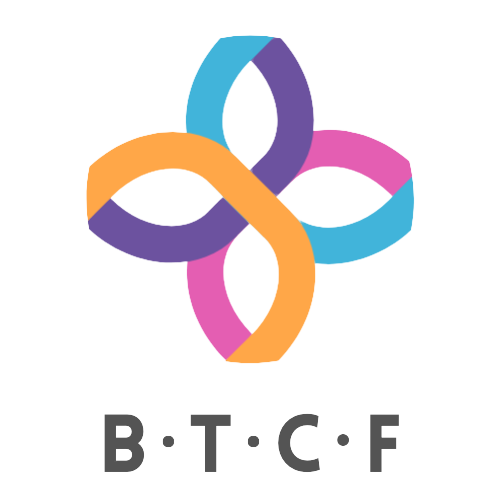

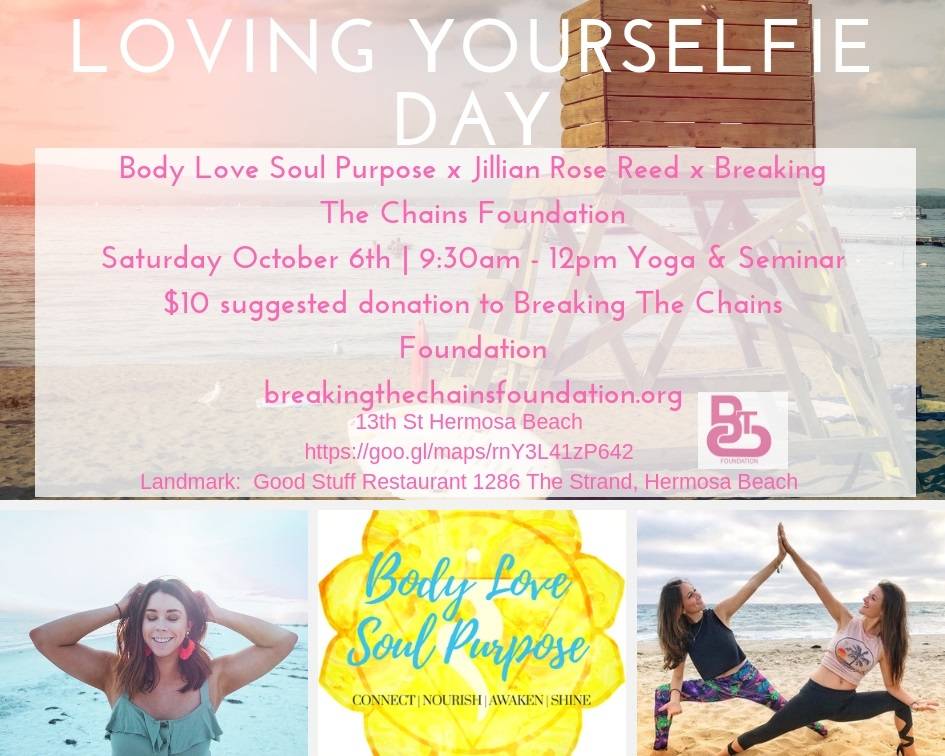
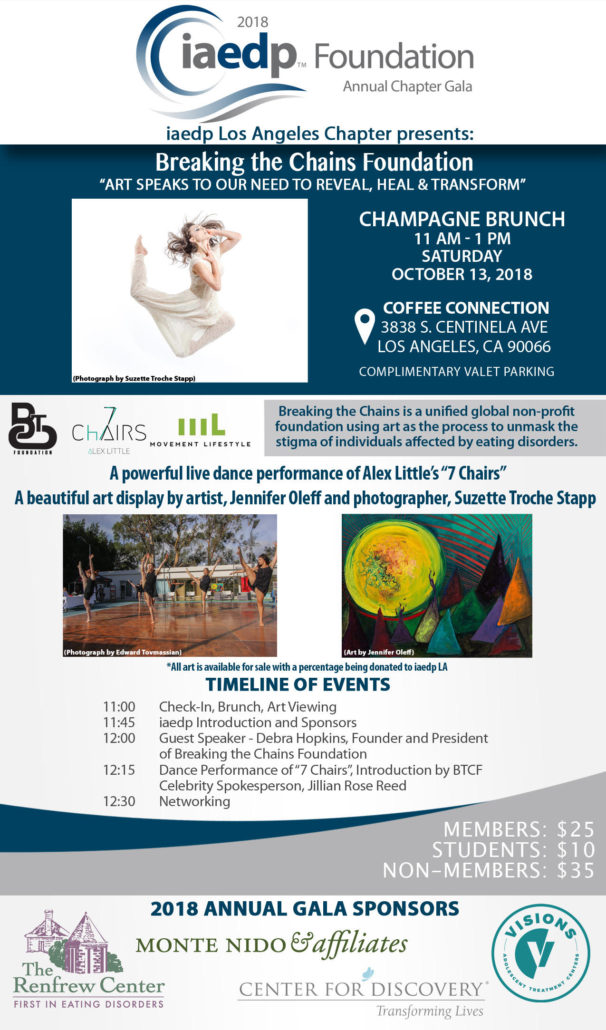

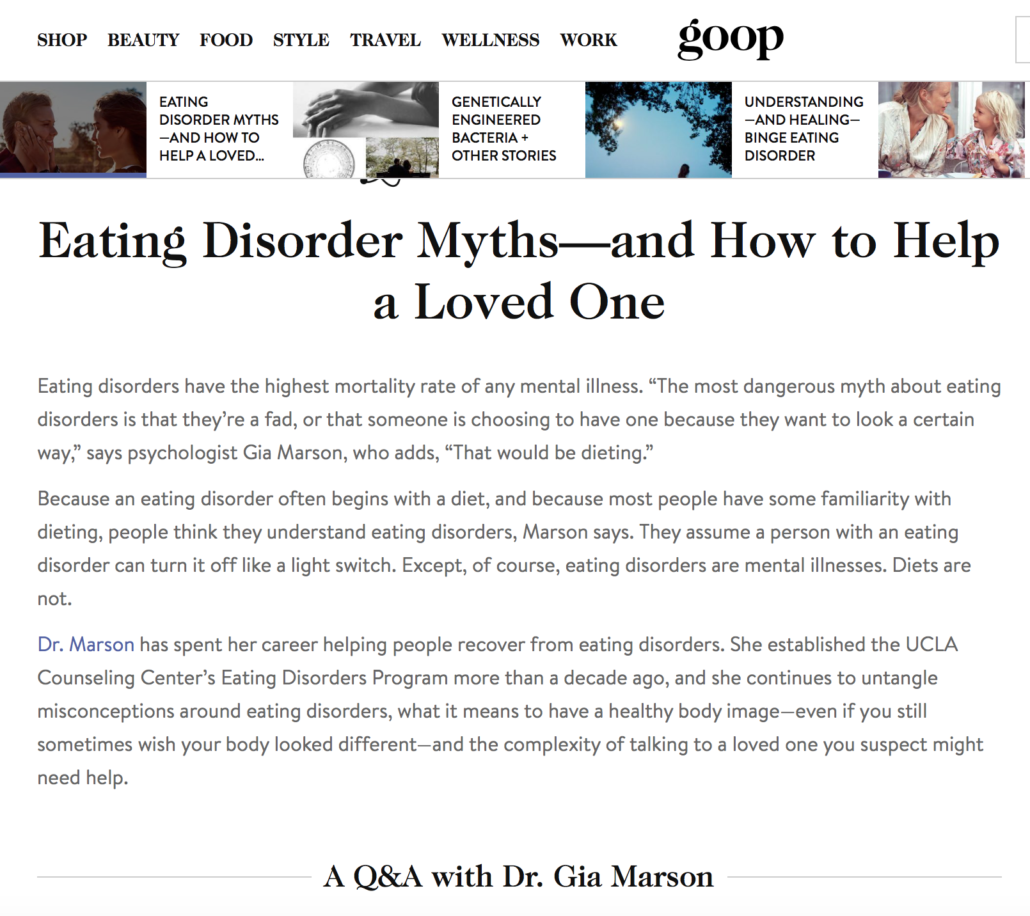
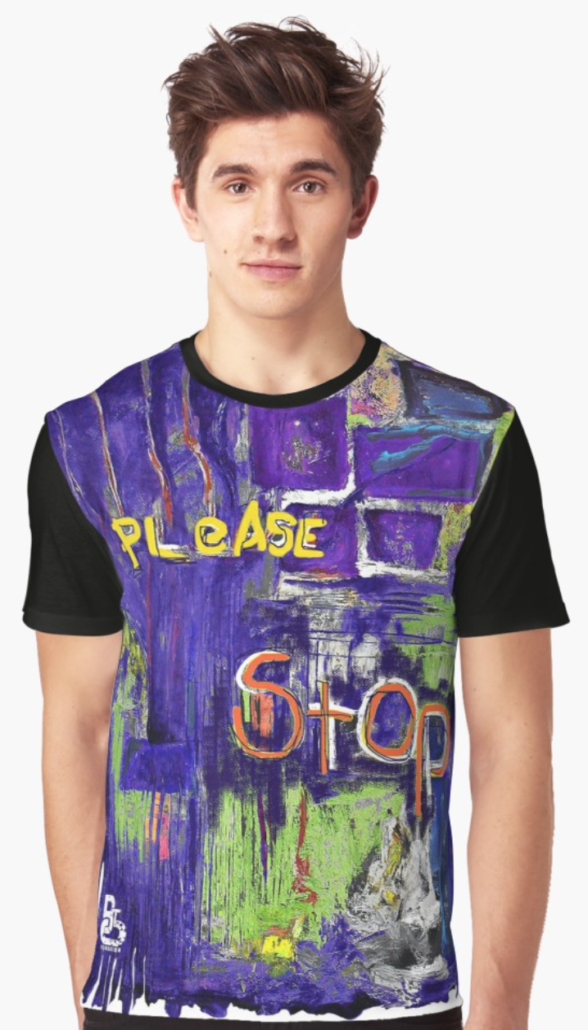

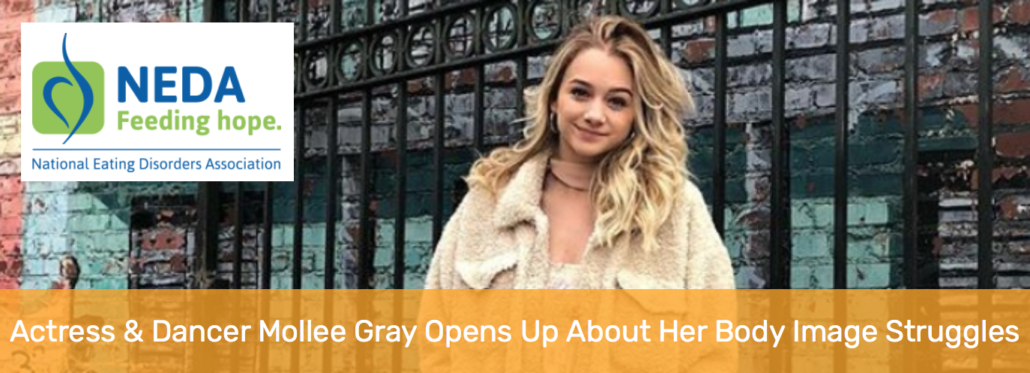

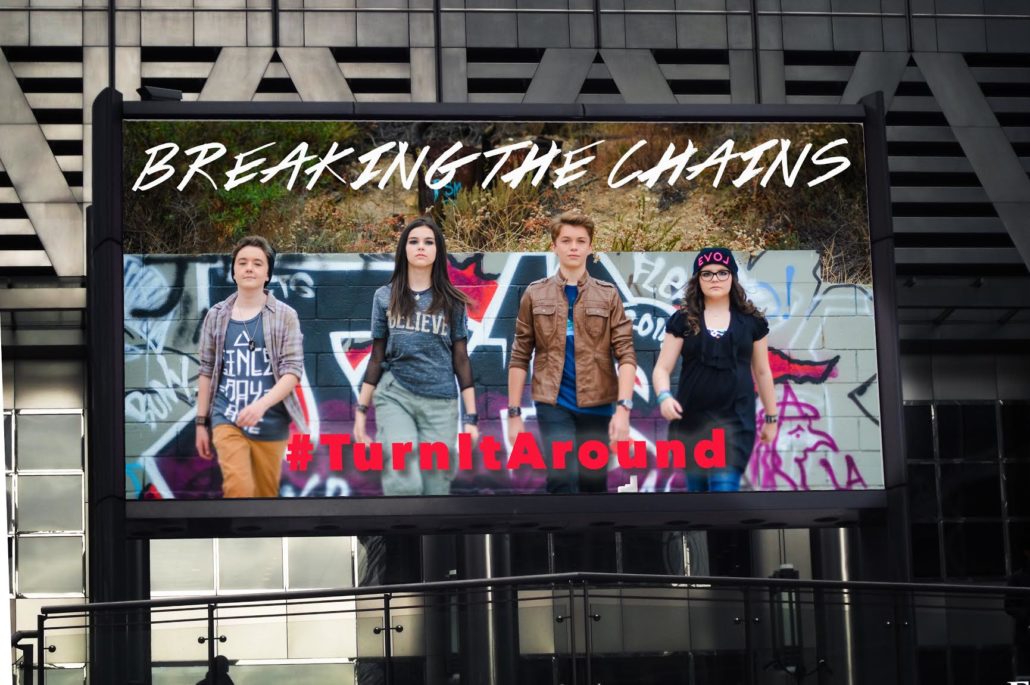



January’s Recipe Garlic Shrimp
Canvas of Culinary ArtsGarlic Shrimp
INGREDIENTS
INSTRUCTIONS
First Eating Disorder Platform
PressBreaking The Chains Foundation First Eating Disorder Platform to Present at 4th Annual World Wide Women’s Girls Festival
LOS ANGELES & SAN FRANCISCO – Nov. 4, 2019 – PRLog — Breaking The Chains Foundation (BTCF) 501©(3) non-profit will be the first eating disorder platform to present at the Annual World Wide Women’s Girls Festival in San Francisco, California, on November 9th, 2019 at the Palace of Fine Arts.
The World Wide Women’s organization is expecting over 7,000 girls and their families from all around the country to attend. Attendees will gain resources to help them thrive, build self-esteem, self- empowerment, follow their dreams, learn, discover, and ultimately a day of power, possibility, and fun!
Breaking The Chains Foundation under the leadership of founder Debra Hopkins is a volunteer grassroots non-profit charity based in Los Angeles. BTCF is committed to presenting engaging programming and resources through live performances, film, seminars, workshops, live streams, and campaigns by using a variety of art mediums with the intent to unmask the stigma around eating disorders and mental health.
BTCF Board Members: Debra Hopkins (President), Jillian Rose Reed (MTV’s Awkward), Carolyn Hennesy (General Hospital), Raja Marhaba (The Johnathan Foundation), Alex Little (Celebrity Choreographer)
BTCF will be hosting three workshops during the festival:
1. How To Love Yourselfie will be one of the featured interactive exhibits presented by BTCF, which includes an art-filled activity created by celebrity ambassador Jillian Rose Reed (MTV’s Awkward).
2. The 7 Chairs Experience incorporating the art of dance and movement lead by Alex Little (Celebrity Choreographer)
3. Developing a Healthy Growth Mindset workshop taught by fitness trainer Krista Stryker (12 Minute Athlete).
In addition to the workshops, the 7 Chairs dance choreographed by Alex Little (Celebrity Choreographer)
Breaking The Chains Foundation sponsors include; Plantation Farm Camp (David & Suzanne Brown), Annie McQuitty Productions & Dance Excellence, Keystone Treatment, Martec Construction, Sky of Blue Cards, Dr. Marina S. Zeiber, MD, Dr. John W. Little, MD, FCCP, and James Wirth Photography.
For tickets, times, and more information about the World Wide Women’s Girls Festival visit: https://worldwidewomengirlsfestival.org/
For more information about BTCF visit: www.breakingthechainsfoundation.org
BTCF Recieves First Grant
PressBreaking The Chains Foundation, a proud NEDA Network Member receives their first grant!
Read About Our Grant!